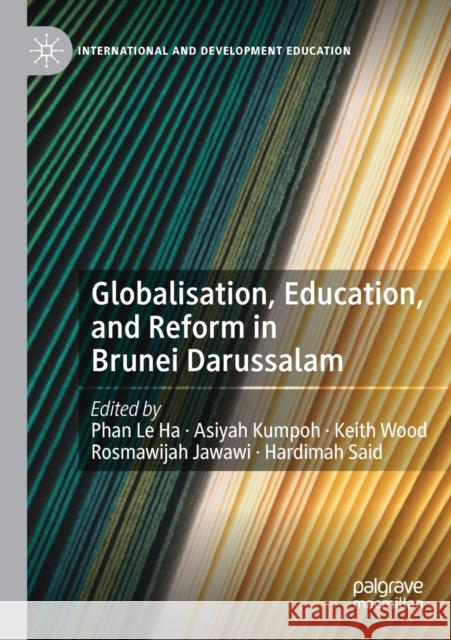Globalisation, Education, and Reform in Brunei Darussalam » książka
topmenu
Globalisation, Education, and Reform in Brunei Darussalam
ISBN-13: 9783030771218 / Angielski / Miękka / 2022
This book focuses on the intertwined relationships between globalisation, nation-building, education, and reform as manifested throughout the modern history of Brunei Darussalam, an Islamic monarchy located on the island of Borneo in Southeast Asia. It is the first book dedicated to the examination of Brunei’s education system, schooling, teacher education, and society in close connection with the national philosophy Melayu Islam Beraja (MIB) or Malay Islamic Monarchy. The authors provide a historical understanding of the country’s education and tell Brunei’s story of educational reform and change in its own language, narratives, accounts, and unique standpoints. Interdisciplinary chapters draw on significant historical and textual sources in three languages, namely Arabic, English, and Malay, to contribute to scholarship on education studies, international and comparative education, and international and development education.











